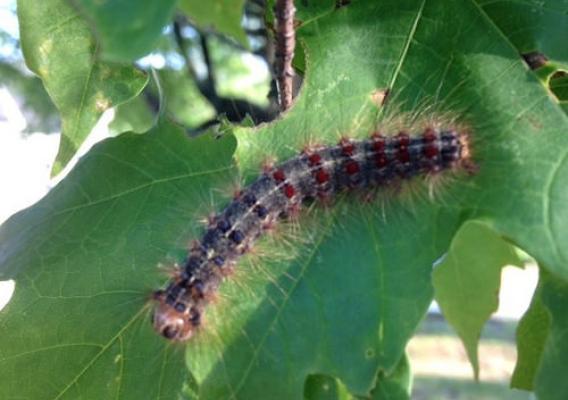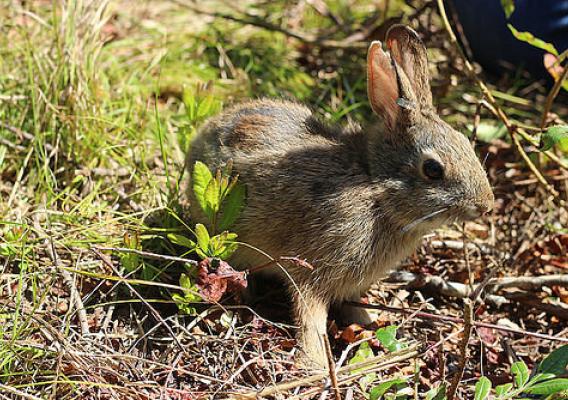El Programa Nacional Orgánico (NOP, por sus siglas en inglés) del Servicio de Comercialización Agrícola (AMS, por sus siglas en inglés) trabaja todos los días para asegurar que los productos con el sello USDA Organic cumplan con estándares consistentes y uniformes. Además de su riguroso proceso de certificación y vigilancia para proteger la integridad del sello orgánico, el programa también se conecta a los agricultores y las empresas orgánicas con recursos para ayudarles a entender y cumplir con las normas.
En los últimos años, el número de agricultores y negocios de habla hispana en el sector orgánico ha crecido. Por ejemplo, entre todas las operaciones ubicadas fuera de los Estados Unidos que están certificadas bajo las normas orgánicas del USDA, un 42 por ciento están en países de habla hispana en América Latina y el Caribe. Mientras tanto, dentro de los Estados Unidos, el número de productores hispanos, muchos de los cuales hablan español como su idioma principal, aumentó un 21 por ciento entre el año 2007 y 2012.









